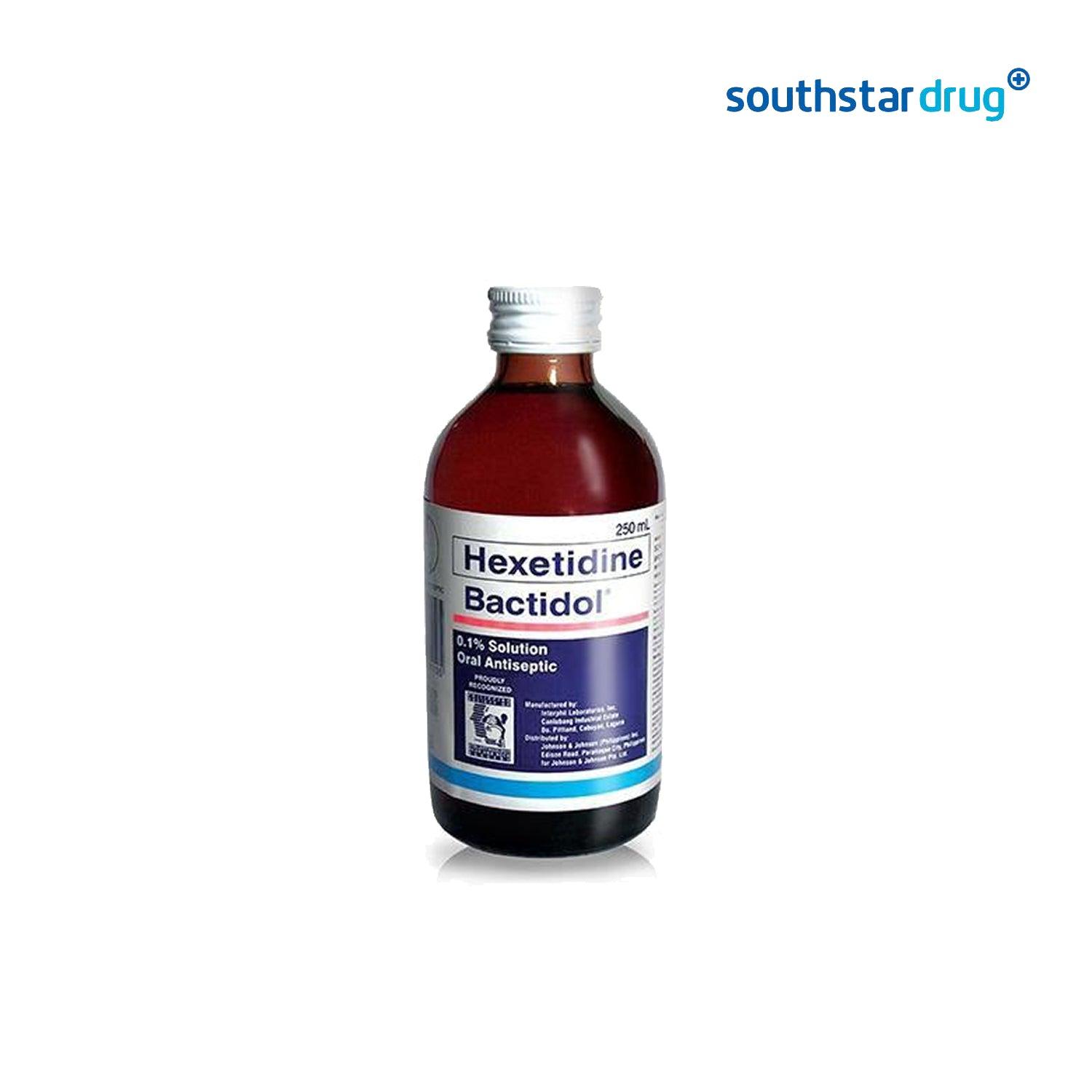Alright. To begin with, let’s be clear about one thing: colic is not a disease. Colic is present in healthy babies, even. Colic most often shows up when a baby is 2 or 3 weeks old. Those who have colic are no different from those who don’t have.
Let’s go on.
We know that all babies cry and that the levels of crying differ from one another. When a baby cries for about three hours or more on three more days a week, then she is colicky. Colic is an uncontrollable crying of baby. You may notice that the crying is louder and higher pitched than the normal crying.
You could just imagine how distressing these instances could get for both parents and baby. Such a tough thing to keep your calm. Sometimes you might give in and break down (and that’s understandable, too). But hey, that doesn’t means you’re a bad mommy!
Lots of parents have been wondering about what really is the cause of colic. Some experts believe that it is a physical release for sensitive babies. When babies can no longer handle stimulation like sights, sounds or sensation, it caused them to get agitated and cry, cry cry. Some experts believe colic is the result of an allergy to milk protein (or lactose intolerance) in formula-fed babies. Much more rarely, colic may be a reaction to specific foods in Mom's diet in breastfed babies. Either way, these allergies or sensitivity can cause tummy pain that may set off colicky behavior. Others believe that it is caused by a gassy tummy. Albeit, experts say that it is not the cause, however, it could be the consequence of prolonged crying -- allowing air to be swallowed in.
Babies normally cry when they're wet, hungry, frightened, or tired. (That’s normal!)
However, a baby with colic cries excessively, often at the same time of day. It happens usually in the late afternoon or evening when everyone just want to take a nap or good night sleep. You may notice that your colicky baby clenches his fingers, arches his back, becomes flushed, and alternately extends or pulls up his legs and passes gas as he cries. He may sometimes feel better after passing gas or having a bowel movement.
Colic tends to peak around 6 weeks, and then improves significantly between 3 and 4 months. By 4 months of age, 80 to 90 percent of infants are over colic. The remaining small percentage might take another month. Know that colic can get better on its own and you may just have to wait for the fussiness to improve on its own at 4 months or so.
And if your baby has other symptoms – like fever, vomiting, or bloody stools – call his doctor immediately as the symptoms are not due to colic.
SOURCE:
http://www.babycenter.com/0_colic-what-is-it_77.bc
http://www.webmd.com/parenting/baby/what-is-colic#1









